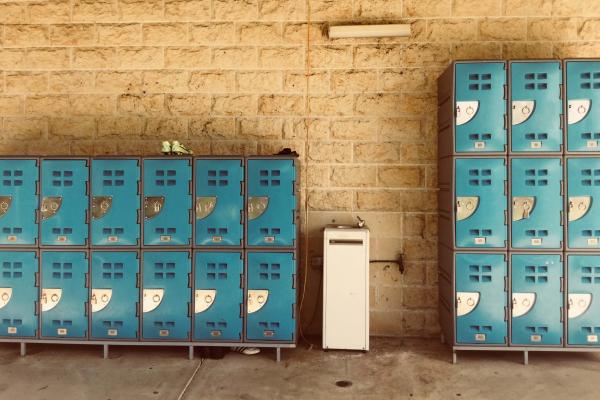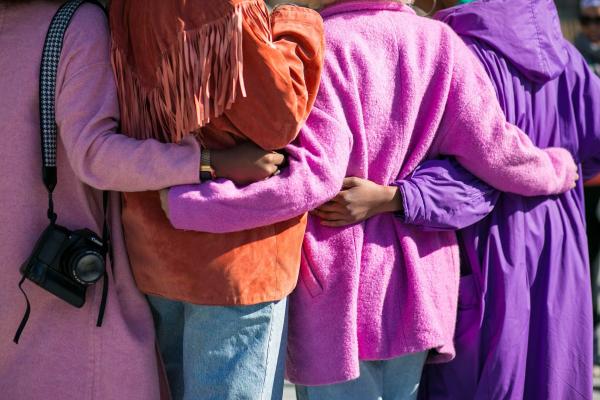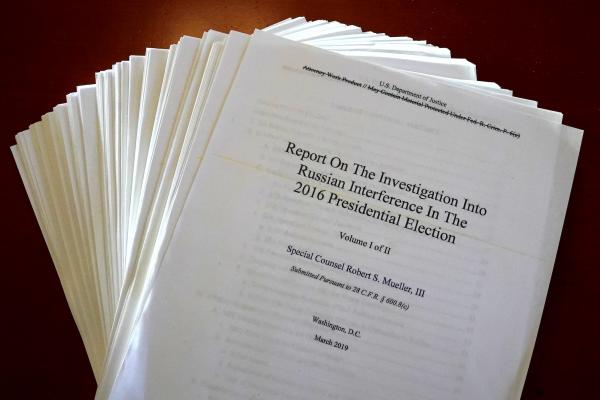All of us have witnessed the detrimental effects of mass production and consumption that Brueggemann talks about, not only in the anxiety that fills our daily lives, but in the destruction of the very earth that sustains us. Because of this, we understand that not only tending the earth, but connecting to nature around us can also be a form of resistance, similar to that of rest.
Americans are more aware of the $99 billion global sex trafficking industry than its existence in the U.S., potentially because many people — Christians included — have a dated understanding of what constitutes sex trafficking.
The Sudanese revolution is half-complete. On April 12, merely 24-hours after they had gotten rid of Omar al-Bashir, their dictator of 30 years, the Sudanese people were still out on the streets. They are out today too.
Women’s church leadership, London’s Extinction Rebellion, America’s messiah complex, and more!
As I watch these dynamic leaders suffer for their brilliance and their courage — as I watch you suffer for your calling to ministry — I have to point out that this is not a story about individual women. It's not only about me or about you. We are confronting a cancer of bias, a perhaps at times unconscious reaction to #MeToo and Trump's presidency and female gains in graduate school and income and costs of childcare and impossible parenting standards and devaluation of teachers and an impossibly toxic yet superficial social media environment.
Christian Climate Action played a key role in securing the protest site at Marble Arch as they arrived by a truck which was used to block traffic and was later transformed into a solar-powered stage. Rev. Sue Parfitt, 77, along with two other Christians, ensured that the truck was not removed by police by locking themselves to the underside with metal chains. Richard Barnard, a member of the U.K. Catholic Worker Movement, then climbed on top of the truck and unfurled a banner reading “tell the truth.”
We’ve all seen the mountain of coverage and passionate political opinions on all sides in response to Special Counsel Robert Mueller’s finally released — and heavily redacted — report. Without repeating all the coverage and commentary on the full report, here are my takeaways from a moral lens. The report proves that ...
Tobeka Daki became one of 10 million people who die each year because they cannot afford the cost of medicines. Most medicines are inexpensive to make, and virtually all were discovered thanks to government investments. So, it is no exaggeration to say that the worldwide network of medicine monopolies, which give unchecked power to charge virtually any price on life-essential goods, were the cause of most of these deaths.
When new people come to our Mennonite church in North Carolina, whether from other traditions or from no church background, I imagine they are stirred by our views on peace and violence. The strangest part of our religious life is not that we believe that dead people come back to life, or that we try to live like a peasant we believe was God — it is our disposition toward military service.
You don’t have to be in prison to recognize the power dynamics among the characters and how their bored desperation could remind us of what happens when the most emotionally unhealthy habits of mind mingle with the least human technologies. You don’t have to launch into space to find yourself clicking a button over and over and over, the offer of immediate gratification without genuine connection. It’s no wonder that the most psychologically mature astro-prisoner (played by André Benjamin) takes to sleeping in the garden — it’s the closest thing to real.








